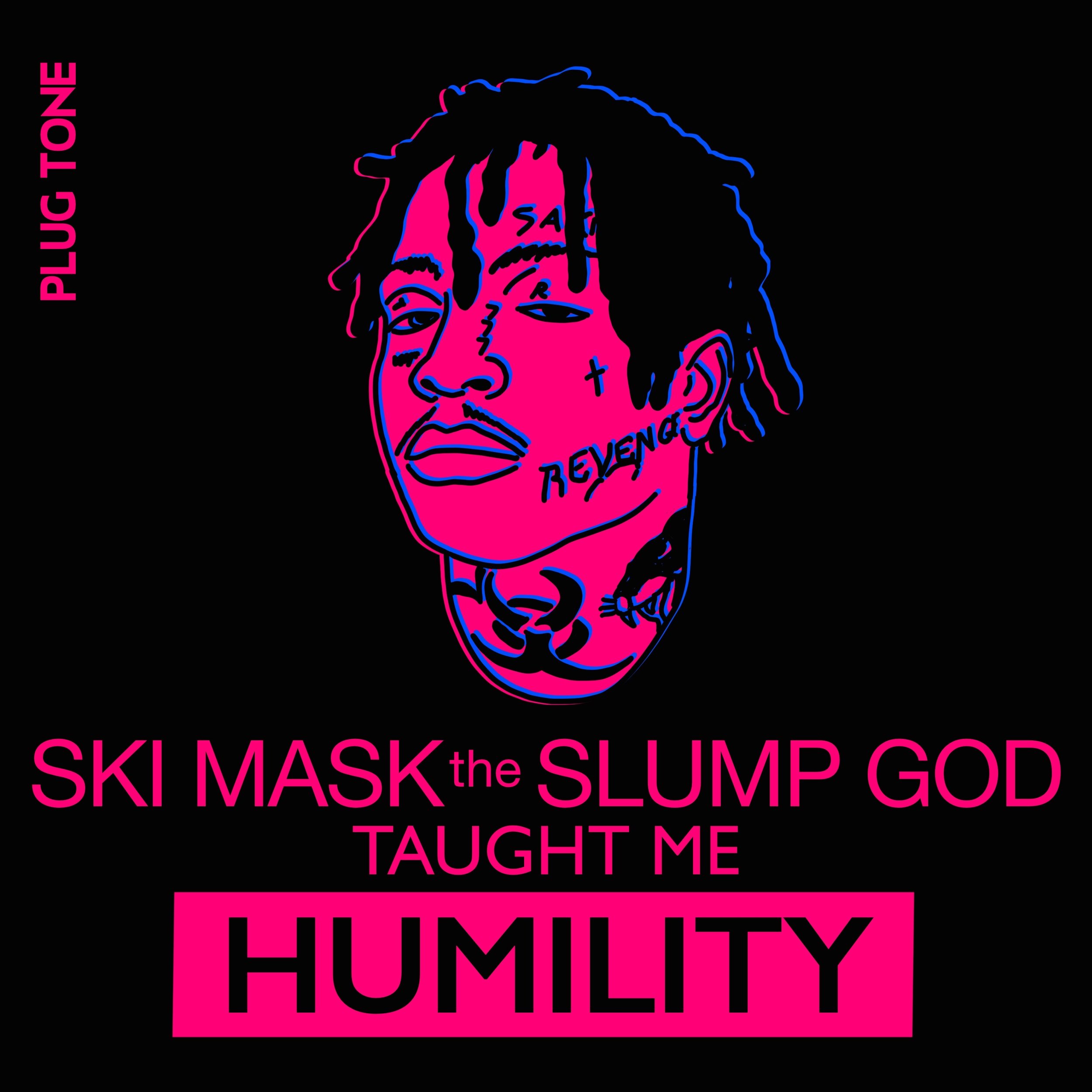A Tribe Called Quest Taught Me Authenticity
Will Smith famously said,
“Basketball courts in the summer got girls there.”
And in the summer of 1991, those girls were listening to Color Me Badd, Gerardo, and Marky Mark — so I was, too.
Luckily, I had discovered a late night radio show by DJ Icy D. Gang Starr, Public Enemy, Chubb Rock, EPMD - it was all there, and for the price of an empty cassette and some lost sleep, it could be mine.
But the cyclic three months of freedom came to a close. I had to figure out how to get that music and get sleep.
- Insert the Maxell cassette.
- Hit Play/Record/Pause.
- Set the alarm.
- Alarm goes off.
- Roll over.
- Release the Pause button.
- Go back to sleep.
On the bus the next morning there would be 60 minutes of hip hop untouched by Billboard charts.
Slip on the headphones, eyes closed, hit play on the Walkman.
And immediately, my little world exploded.
I’m Kris Hampton, and this is how A Tribe Called Quest Taught Me Authenticity.
I’d heard their first album, People’s Instinctive Travels and the Paths of Rhythm, but wasn’t entirely sold. I couldn’t quite put my finger on it. Something was missing.
But whatever it was, by the time they walked into the studio and queued up the now iconic samples from Grover Washington Jr., Biz Markie, Average White Band, and Minnie Riperton, they had figured it out.
And they had absolutely mastered it.
They waste no time in letting us know that they are moving forward by looking back — a dangerous proposition when done without a critical eye toward nostalgia. However, when the rear view mirror is used simply to guide the travel, knowing where you came from is a valuable ingredient.
Yo, Phife, you remember that routine,
That we used to make spiffy like Mr. Clean?
Um... um... a tidbit, um... a smidgen,
I don't get the message so you gots to run the pigeon.
The standard-setting song for call-and-response hip hop — in a genre essentially built on call-and-response — (not to mention Tribe’s previous hit “Can I Kick It?”), “Check the Rhime” was the first time we heard Phife Dawg REALLY go for it. Being his battle-rap-steeped, confident, swaggering self. The origin of what would quickly become a hip hop fact:
There’s nobody better in all of hip hop — hell, in all of music — than the Five Foot Assassin at kicking off a verse.
Now here’s a funky introduction of how nice I am.
Tell your mother, tell your father, send a telegram.
I’m like an Energizer ‘cause you see I last long.
My crew is never ever wack because we stand strong.
Image Credit: Amy Cinnamon Art
Tribe was Native Tongues, and somehow I’d gotten the idea that because Native Tongues was about positivity, open-mindedness, and afrocentricity, then they MUST be above the usual ego-fueled braggadocio of hip hop. And here was Phife loudly, proudly, unabashedly talking his shit.
You’d be a fool to reply that Phife is not the man,
‘Cause you know, and I know, that you know who I am.
Half a verse in, and he was right. We did know.
Because he didn’t try to be someone he wasn’t. Because who we got was just who he was.
He treated every verse like he was in a cipher back on the boulevard of Linden, and he knew — he KNEW — he had that heat that would make every emcee in the circle lean closer so they didn’t miss a single syllable.
And we’re still leaning in.
Now, I could almost excuse you if you assumed that A Tribe Called Quest was a duo: Q-Tip and Phife Dawg.
Or a trio, along with Ali Shaheed Muhammed.
Almost excuse you. But there were four.
Shaheed, quiet and humbly introspective even now, mostly played the background, working on production and DJ’ing. And the fourth member, Jarobi White, was following his passion for cooking, but remained a spiritual advisor, a Bundini Brown to a Muhammed Ali.
Sometimes it’s what you don’t see that shows you everything.
Tribe was quickly becoming the most celebrated group in hip hop, and two of the members chose to remain out of the spotlight.
Because that’s who they were.
Okay, if knowledge is the key, then just show me the lock.
Got the scrawny legs, but I move just like Lou Brock.
With speed, I’m agile, plus I’m worth your while.
Q-Tip seems to be telling us, “We may have some shortcomings, but we adapt. And we know how to do this. It’s who we are. We got it from here.”
And sitting there on the school bus, in my own little world, I believed him. How could I not? It was very obvious, a few words in, that it’s just who he was.
And then, as if he knew exactly the question that would come from a 16-year-old kid in Cincinnati with too many interests to fit into any one clique, who was having trouble at home, and was only a couple of months from getting sent to juvenile detention, and felt like he was living in a world he could not understand and that did not even try to understand him…
How far must I got to gain respect? Umm…
Well, it’s kinda simple, just remain your own,
Or you’ll be crazy, sad, and alone.
Be authentic. That’s enough.
You don’t need to dress like them, or talk like them, or do the things they do — whoever “they” are. That’s just not it. Clean out your ears and just check the word. Remain YOU, and the people whose respect is worth having will give it. Stay on point.
And always, represent, represent.
Thanks for listening to Hip Hop Taught Me Everything. This whole show - from imagery to writing to beats to the website to final mixes - is created by the two of us: Kris Hampton and Devin Dabney.
You can support the show by sharing it with all of your friends who love hip hop. Or podcasts. Even better, both.
We know that we aren’t the only ones out here who were raised by hip hop. If you’d like to tell us about a lesson you learned from your favorite song, to possibly be featured on a future episode, share it with us at My Story.



























